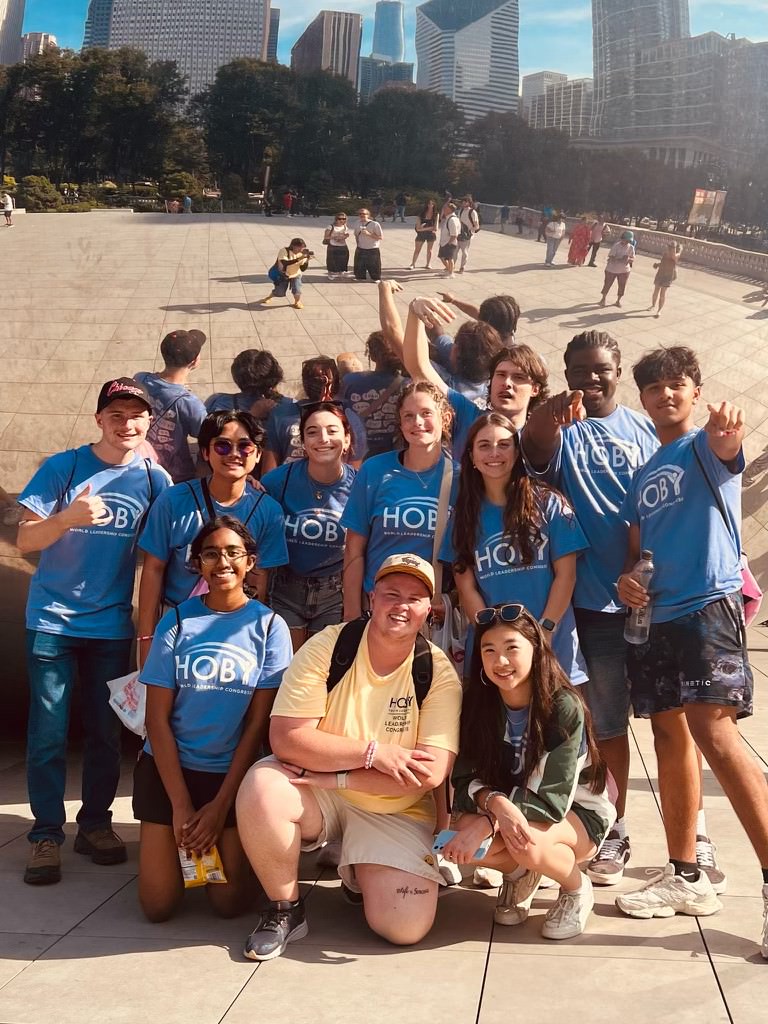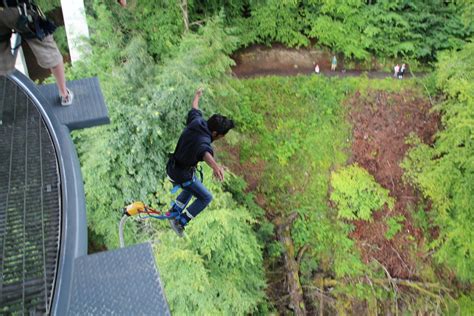In recent years, the United States has witnessed a dramatic rise in political polarization, reshaping the landscape of American democracy. Polarization refers to the growing divide between political parties, ideologies, or groups within a society, leading to an increase in immoderate positions and a decrease in moderate or centrist viewpoints. Polarized individuals tend to align themselves strongly with their political party and view opposing viewpoints with skepticism or hostility.
Once characterized by a healthy exchange of ideas, political discourse has devolved into a battleground of extreme ideologies, leaving many citizens feeling more divided than ever before.
The divide is not just social; it extends to policy-making, resulting in a legislative gridlock — a stalemate in the process of passing laws, typically due to polarization in Congress. The inability of Congress to find common ground has led to a backlog of crucial bills on healthcare, infrastructure, and climate regulation with both parties often prioritizing loyalty over collaboration.
Polarization not only impacts the federal level, it trickles down to the communities also. This is prevalent in Emmaus High School. EHS social studies teacher, David Brown, shares his thoughts on polarization at a local level.
“We used to have a school-wide mock election, and I believe we did it three or four times since I’ve been here. The Emmaus mock election did mirror the actual results,” Brown said. “Why did we stop it? Because of polarization primarily.”
The last time a mock election was held was in 2016 when Donald Trump faced off against Hillary Clinton. Both Brown and other social studies teachers explained that the lack of a 2020 mock election was partially due to COVID-19 restrictions still in place in November 2020.
“The social studies department hosted an election night in which we brought up three different news outlets and life was a little less polarized,” Brown said. “Kids could come up [to the MMR] and we just had pizza and soda and watched the election results.”
Polarization has impacted East Penn in other ways as well. The 2023 EPSD School Board race was one of the most politicized in decades, fraught with accusations of fraud, funding arms races, and lawsuits. Despite this, Brown believes one way to depolarize the current climate is to understand that democracy is not a perfect system but one of compromises.
“We have to understand that we’re selecting people to work for us, and those selections aren’t always going to be the individual set that we want. But the world will go on, life will go on, and you have to be the best citizen you can be,” Brown said.








